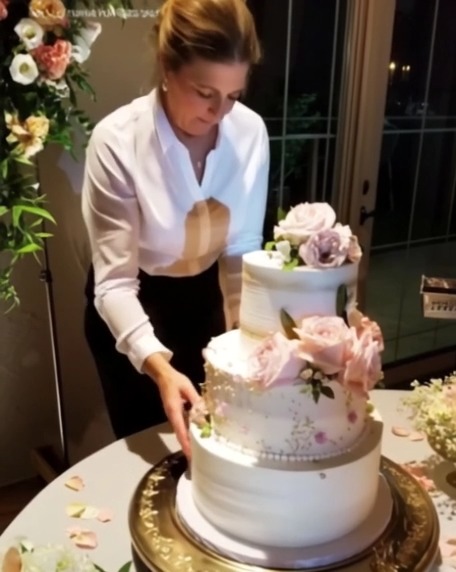The Vineyard’s Daughter: A Tale of Wine, Legacy, and Forgiveness
Part One: The Inheritance
The soil of Willow Creek Vineyard had been embedded under my fingern
ails for as long as I could remember. Growing up, I spent every summer among the vines, learning their rhythms, understanding their needs, falling in love with the alchemy that transformed humble grapes into something transcendent. My father, Thomas Bennett, had inherited this land from his father, who had purchased it as barren acreage in 1952 and transformed it into one of Sonoma County’s most respected small vineyards.
“Remember, Elena,” my father would say as we walked the rows together, his calloused hand engulfing my small one, “wine isn’t made in fancy tanks or expensive barrels. It’s made right here in the soil, in the sunshine, in the careful tending of each vine.”
I believed him with the unquestioning faith of childhood. The vineyard was in my blood as surely as it was in his.
When I left for college to study viticulture and enology at UC Davis, it was understood that I would return to take over Willow Creek someday. My younger brother Michael had never shown interest in the family business, his passions lying in technology and urban life, not the slow, seasonal rhythm of grape growing. He had moved to San Francisco after graduation and rarely returned even for holidays.
I had just completed my master’s degree when my father called one evening in late April, his voice uncharacteristically serious.
“Elena, I need you to come home this weekend. There’s something important we need to discuss.”
“Is everything okay, Dad?” I asked, immediately concerned. My father wasn’t one for drama or unnecessary summons.
“Just come home, sweetheart. Please.”
Two days later, I pulled my worn Honda up the gravel drive of my childhood home, the vines spreading out in orderly rows on either side, young leaves unfurling in the spring sunshine. At forty-eight acres, Willow Creek wasn’t large by California wine country standards, but it produced exceptional Pinot Noir and Chardonnay that had developed a cult following among wine enthusiasts.
My father was waiting on the wide porch of the farmhouse, looking older than his sixty-five years. Next to him sat a stranger—a silver-haired man in an expensive-looking suit, a leather portfolio resting on his knee.
“Elena,” my father said, coming down the steps to embrace me. “This is Howard Greenfield, my attorney.”
The introduction sent a chill through me. My father wasn’t one for lawyers and paperwork—he preferred handshakes to contracts, trusted relationships to legal protections.
“Is something wrong?” I asked, looking between them.
“Let’s go inside,” my father suggested, avoiding my gaze.
In the kitchen that smelled of coffee and my father’s sourdough bread, Howard Greenfield laid out a series of documents while my father stared out the window at the vineyard stretching toward the distant hills.
“As you know, Elena,” the lawyer began, “your father has been the sole owner of Willow Creek Vineyard since your mother passed away fifteen years ago.”
